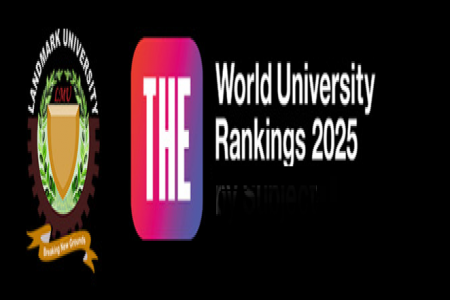
Story of the week
On Friday, 1st March, 2016, Dr. J.A. Shoyombo of the Department of Animal Science said that biotechnology has been one of the ways by which the Western world has kept improving and maintaining a sustainable food security. He disclosed this during his presentation tagged “Experiences from Australia Reproductive Technologies Laboratory” at the Friday Faculty Fellowship. He explained that this assisted reproductive technological method helps to improve animal reproduction in particular by circumventing the long time required to get a specific number of animals. The commonest biotechnological methods according to him are artificial insemination (AI), multiple ovulation and embryo transfer (MOET), in vitro fertilization (IVF) and cloning, noting that with any of these methods, multiple numbers of animals are reproduced instead of the naturally limited number within a specific time. Using the Australian agricultural feat as bedrock for Africa’s food security, he believed that these methods will assuage and restore the dignity of the black race, stating that “Africa is a big continent with great potentials in terms of natural resources, human resources, etc. … The moment we are able to overcome the challenge of food; then we are on our way to where we are going.” Australia, where he went for the six-week cutting-edge training on reproductive technologies in animals, “… does not have any natural resource. All they have is agriculture – soil and animal agriculture, and because of that fact, they are able to develop it maximally for their benefit and growth. Having about 25 million population, they export about 57.6% of their produce either crop or animal.” He said his choice of Australia is not farfetched from its best success record of assisted reproductive technologies in the world and the similitude of its climatic condition to that of Nigeria’s. However, the artificial insemination method has been applied on the cattle in Landmark University farms and at the moment, the results are positive to drive an agrarian revolution in Africa. He concluded that these methods only maximize animal productivity to enhance food security with no side effects either to humans or the environment.
 overcast clouds 20.07oC
overcast clouds 20.07oCGet the latest news and updates by signing up to our daily newsletter.

Story of the week